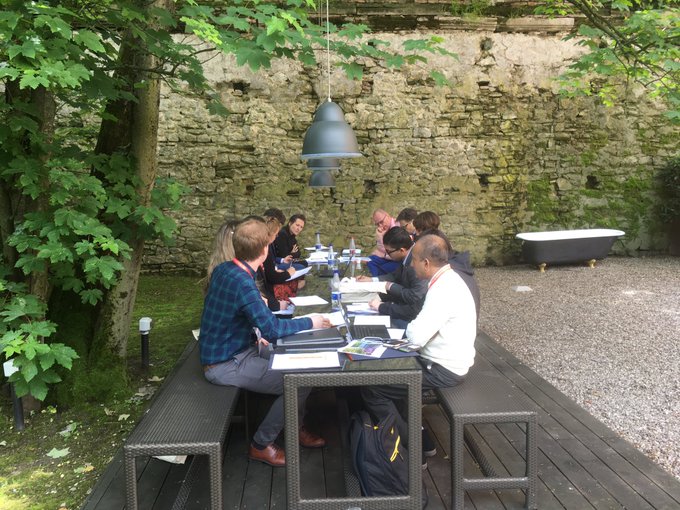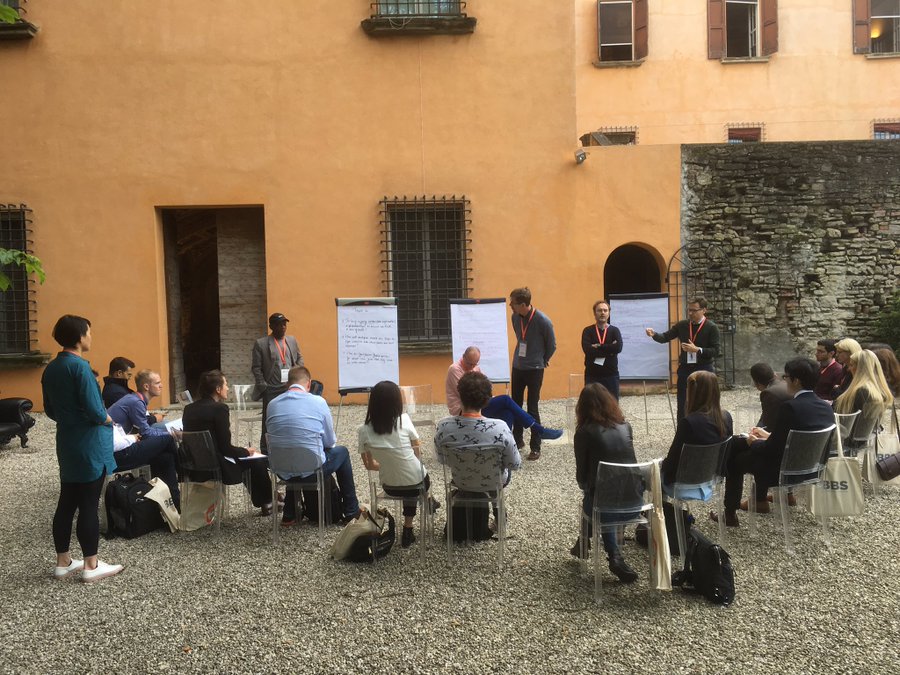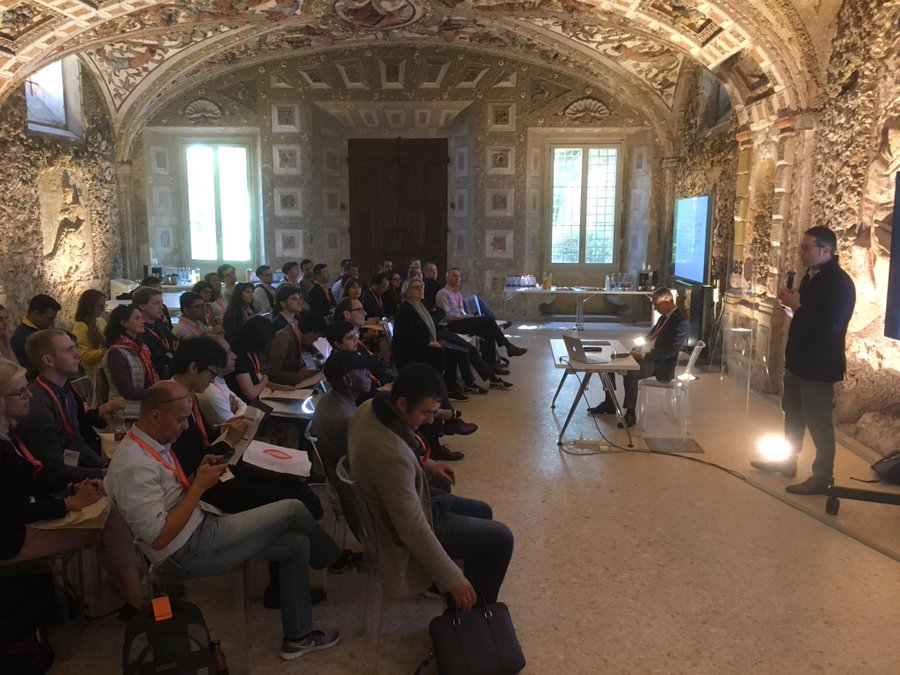Entrepreneurs and entrepreneurial organizations, with whom I spend time, research and write about, need to develop this important ability — staying silent. It is only in those periods of silence that entrepreneurial minds will be able to reflect and learn from experiences and new knowledge. Many successful entrepreneurs find their silence zones in different ways – some at the end of each day and others taking weeks-off every half year. It is during these times, that the much sought after cognitive ability called “association” (Dyer, Gregersen & Christensen’s idea in Innovator’s DNA) can be honed. Considering the “always on” world in which entrepreneurs spend their days, this can be challenging. But with deliberate practice of silence, entrepreneurs will be able to create more value for themselves, their organizations and society.
How does one develop this ability?
I came across this little book on the topic which may provide some useful pointers. The book titled “Silence” has been translated from Norwegian to English. Though short, don’t  consume it in one sitting. Read it slowly. The book builds on the experiences of the author’s (Erling Kagge) expeditions to Antarctica, Arctic and Everest – three corners (wonder?) of the world. As the author convinces us – we don’t have to get that far to feel silence.
consume it in one sitting. Read it slowly. The book builds on the experiences of the author’s (Erling Kagge) expeditions to Antarctica, Arctic and Everest – three corners (wonder?) of the world. As the author convinces us – we don’t have to get that far to feel silence.
I read it across days, stopping many a time to just put the book down and gaze out into space – wondering. According to Erling, “wonder is the very engine of life”. I could not agree more and was happy that I was “wondering” more often than I usually do while reading. If you can learn the art of staying quiet, as the author argues, then you open the possibility of living life more attentively.
The book is a great message in today’s information overloaded attention deficit world.
Most striking sentence: “… their heads are now filled with more ambitions than questions.” (p.2)
I am sure people who read the original (in Norwegian) will gain even more from the book. Hope I can read the original some day!
Edging on philosophy and biography, this little book stays pragmatic and highlights the importance of silence in life.
A book to be savored slowly.




 Business Venturing will be available FREE TO READ without any registration, fees or sign up requirements.
Business Venturing will be available FREE TO READ without any registration, fees or sign up requirements.

 Conference (BCERC) earlier this month. It was my third time at the BCERC and it was special for two additional reasons: (i) it was my first visit to the Babson College at Wellesley, MA and (ii) it was Babson College’s Centennial year.
Conference (BCERC) earlier this month. It was my third time at the BCERC and it was special for two additional reasons: (i) it was my first visit to the Babson College at Wellesley, MA and (ii) it was Babson College’s Centennial year. a great lunch and spent time absorbing the intellectual air at the famed Baker Library.
a great lunch and spent time absorbing the intellectual air at the famed Baker Library.






 we sifted through the literature to find method articles and exemplars for the reading list. The final reading list included 13 articles – five method articles and eight exemplar articles. The course primarily focused on grounded theory, case studies (single and multiple), data analysis approaches (e.g. coding) and methodologies like the Gioia approach. The exemplar papers showcased how these methods and techniques were successfully used by scholars.
we sifted through the literature to find method articles and exemplars for the reading list. The final reading list included 13 articles – five method articles and eight exemplar articles. The course primarily focused on grounded theory, case studies (single and multiple), data analysis approaches (e.g. coding) and methodologies like the Gioia approach. The exemplar papers showcased how these methods and techniques were successfully used by scholars.